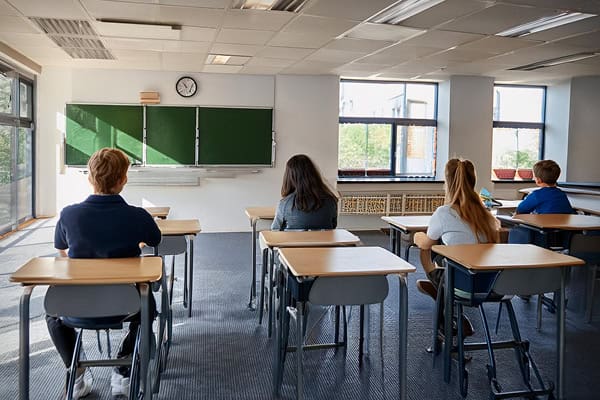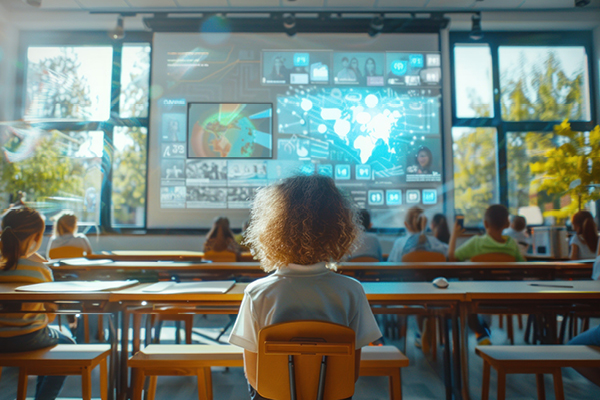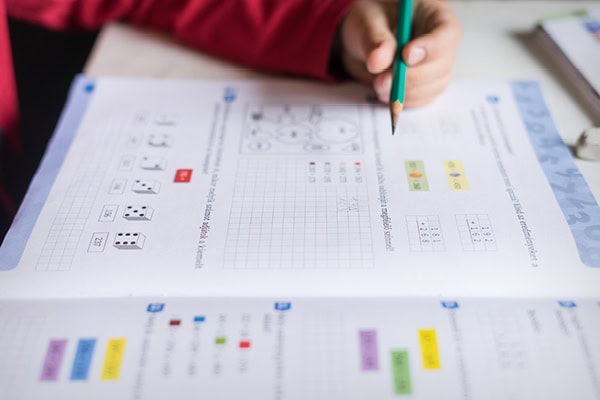There has been a surge in new microschools – educational establishments with a median student body size of 16 – in the U.S. since the start of the COVID-19 pandemic, according to Education Slice.
The National Microschooling Network (NMN) estimates there are about 95,000 microschools in the country, attended by around 1.5 million children.
Advocates for microschools say they offer some students — especially those who are gifted or have learning disabilities — a greater chance to thrive academically and socially than traditional schools do. But skeptics have raised concerns about their educational quality.
There is no single regulatory body monitoring microschools, which experts fear means there are no backstops to ensure kids are receiving an adequate education. Additionally, only 16% of the 400 microschools questioned by the NMN said they have accreditation from their state.
This lack of oversight and clarity in what coursework is offered at microschools in part echoes the concerns which drove the U.S. to adopt more organized and unified school systems, according to Jen Jennings, director of Princeton University’s Education Research Section. “So, the concern with microschools … and any form of state-funded education where there is no quality backstop is that we simply just don’t know what kids are getting,” she adds.
Education Slice





